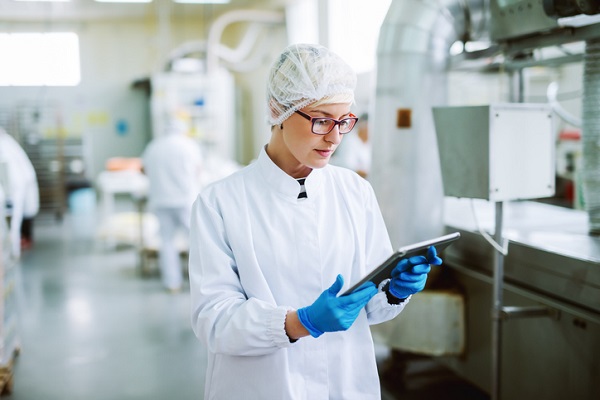At the end of 2019, the world was hit by a highly contagious virus. COVID-19 has sent the world into lockdown. Social distancing is now the norm, and our healthcare systems are under increasing pressure.
The pharmaceutical industry is one of the hardest-hit sectors. Pharmaceutical manufacturing technologists are struggling to access the right ingredients due to export and import regulations, and clinical trials have also been affected.
Read on to find out how pharmaceutical manufacturing has been impacted by COVID-19.
COVID-19 Has Impacted the Global Pharmaceutical Manufacturing Supply Chain
One of the main ways that COVID-19 has affected pharmaceutical manufacturing is by creating gaps in the supply chain. Pharmaceutical manufacturing technologists work to develop and test pharmaceutical drugs. A lot of the active pharmaceutical ingredients (APIs) used in drugs made in North America are sourced from Asia.
With the COVID-19 pandemic originating in China, a lot of pharmaceutical organizations have experienced some difficulty sourcing APIs. This is because China and India have tightened export and import regulations, andhave also closed down a number of manufacturing sites to slow the spread of the virus.
According to analysis by GlobalData, the manufacture of as many as 57 drugs is at risk because of COVID-19 and its effect on the global supply chain. In response to this, many pharmaceutical companies may be forced to look to domestic resources.

‘Virtual Trials’ in the Pharmaceutical Industry
During a pharmaceutical manufacturing program, you may learn how new drugs are developed from conception to trial, and on to manufacturing. Since the outbreak of COVID-19, traditional clinical trials have become difficult. Individuals are being advised to stay at home in quarantine and maintain social distancing. As well as this, some clinical trials could put patients at further risk. As a result, a number of companies have cancelled or temporarily stopped all clinical trials.
To overcome this without slowing the development of essential, lifesaving medicines, pharmaceutical companies have been experimenting with ‘virtual trials’, where they can collect data input from patients in real-world settings. In addition, pharmaceutical companies are experimenting with ‘virtual placebos’. Rather than using a placebo standard group of patients, technicians can standardize patient data. This means that fewer patients are needed, creating less risk.

Canadian Pharma is Investing in Vaccine Development
The creation of a vaccine against the coronavirus is the most likely way to end the global pandemic. In Canada, various health organizations and the government has been investing millions to help develop a vaccine.
The Canadian Institutes of Health Research has invested $114.9 million towards research to accelerate the development, testing, and implementation of medical and social countermeasures to COVID-19. A further $40 million has been put towards the Canadian COVID-19 Genomics Network, and $10 million to improve data monitoring coordination of pandemic-related data.
The Strategic Innovation Fund has also provided $600 million to support COVID-19 vaccine and therapy clinical trials led by the private sector, as well as Canadian biomanufacturing opportunities. Furthermore, the Vaccine and Infectious Disease Organization International Vaccine Centre has received $23 million to develop a vaccine against COVID-19.
If a vaccine is found, pharmaceutical manufacturing professionals can expect to play a key role in the fight against COVID-19 by ensuring it is produced and made available to the public as quickly as possible.
Do you want to save lives with a career in pharmaceutical manufacturing?
Contact Oxford College to launch your healthcare career today!







